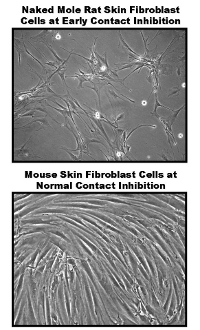 |
Vera Gorbunova |
**__Related stories:__***linkurl:Virus cancer link examined;http://www.the-scientist.com/blog/display/56062/
[16th October 2009]*linkurl:Short-term stress stops cancer;http://www.the-scientist.com/blog/display/56023/
[28th September 2009]*linkurl:Antioxidants help cancer cells?;http://www.the-scientist.com/blog/display/55896/
[19th August 2009]




















